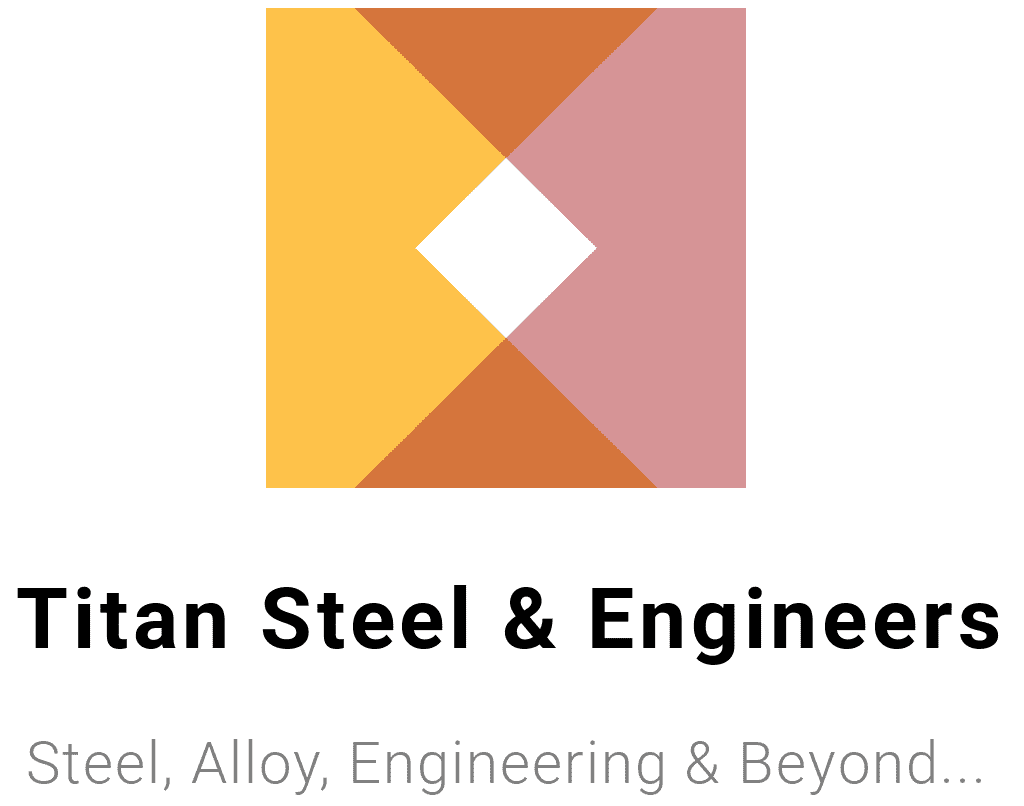Selecting the Right Alloy Steel Manufacturer for Your Needs
Understanding Alloy Steel
Alloy steel is at the core of modern construction, engineering, and manufacturing. Known for its versatility and exceptional strength, it is created by mixing carbon steel with specific alloying elements like chromium, nickel, molybdenum, manganese, and silicon. This combination enhances the metal’s physical and mechanical properties, making it suitable for a wide array of demanding applications.
From building resilient structures to crafting heavy-duty machineries, alloy steel is indispensable in industries that require materials capable of withstanding stress and extreme environments. But not all alloy steel is alike; its properties can vary significantly depending on the type and proportion of alloying elements used.
By the end of this blog, you’ll become more familiar with the different types of alloy steel, their properties, their unique applications, and considerations for selecting an ideal alloy steel manufacturer for your next project.
Types of Alloy Steel
Alloy steel is broadly categorized into two main types based on the amount of alloying elements added:
Low-Alloy Steel
Low-alloy steel usually includes less than 5% of alloying elements. It is designed to improve specific properties, such as strength, toughness, and wear resistance. Common low-alloy steels include grades used in the manufacturing of automotive parts, construction equipment, and pipelines due to their cost-effectiveness and high tensile strength.
Examples of low-alloy steels include chromoly (chromium-molybdenum steel) and HSLA (high-strength low-alloy) steels, widely known for brilliance in welding applications and structural construction.
High-Alloy Steel
On the other hand, high-alloy steel contains more than 5% of alloying elements. The most well-known high-alloy steel is stainless steel, primarily alloyed with chromium (10% or more) to provide excellent corrosion resistance.
High-alloy steels are commonly used for products exposed to corrosive environments, such as chemical plant components, kitchenware, and medical devices, where durability and aesthetics are paramount.
Properties and Applications of Alloy Steel
One of alloy steel’s greatest advantages is its customizable nature. Engineers and manufacturers can tailor the alloying elements to achieve specific properties. Below are some key properties and common applications of alloy steel based on its composition:
Key Properties
- Strength and Durability – Enhanced by elements like manganese and molybdenum, alloy steel can withstand heavy loads and high-pressure conditions.
- Corrosion Resistance – Thanks to chromium, many types of alloy steel are highly resistant to rust and chemical damage.
- Hardness and Wear Resistance – Alloying with silicon or vanadium improves hardness, making the steel suitable for tools and cutting surfaces.
- High-Temperature Performance – Elements like molybdenum contribute to resistance against thermal deformation and oxidation at high temperatures.
- Versatility in Machining – Depending on its composition, alloy steel can be easily machined, heat-treated, or welded, making it adaptable for a range of applications.
Applications
- Construction – Foundations, beams, and reinforcements designed to endure high stress and varying environmental conditions.
- Automotives – Engine components, gears, and suspension parts built to handle wear and tear over time.
- Aerospace – Lightweight yet durable landing gear and structural components for aircraft.
- Power Plants – Boilers and generators that operate at extremely high temperatures and pressures.
- Tool Manufacturing – Drill bits, milling cutters, and other industrial tools requiring hardness and precision.
Selecting the Right Alloy Steel for Your Project
With countless grades and specifications available, selecting the right alloy steel can feel like a challenge. To simplify the process, keep the following factors in mind:
1. Define Your Application Requirements
Identify how the alloy steel will be used. Will it be exposed to high temperatures? Does it need exceptional corrosion resistance? Answering these questions will help pinpoint the right alloy type for your needs.
2. Consult Engineering Standards
Use industry standards like ASTM, ISO, or SAE that outline the mechanical properties and chemical compositions for different grades of steel. This ensures compatibility and reliability for your project.
3. Consider Cost and Value
While high-alloy steels may offer premium features like superior corrosion resistance, low-alloy steels often provide adequate performance at a lower cost. Strike a balance between quality and budget depending on your project’s priorities.
Working with an Alloy Steel Manufacturer
Partnering with the right alloy steel manufacturer can be the difference between project success and wasted resources. Here’s a checklist to assess a manufacturer’s compatibility with your needs:
1. Assess Capabilities
Does the manufacturer offer the type and grade of alloy steel you need? Top manufacturers often provide a diverse range of both standardized and custom-engineered alloys.
2. Look for Certified Quality
Verify that the manufacturer complies with recognized standards like ISO 9001 or relevant ASTM certifications. Certifications demonstrate their commitment to quality and precision.
3. Understand Lead Times
Ensure the manufacturer can meet your project deadlines by delivering materials promptly. Transparent communication and realistic delivery schedules are critical here.
4. Consider Value-Added Services
Many manufacturers offer additional services, such as precision cutting, heat treatment, or machining, saving you the extra steps of outsourcing these processes.
5. Customer Support Matters
Look for a company that provides responsive customer support and technical assistance. An experienced team can guide you through material selection and answer any questions along the way.
Drive Success with the Right Alloy Steel Partner
Choosing the right alloy steel and manufacturer is not just about finding a supplier—it’s about creating a partnership that contributes to the success of your projects. By understanding the types, properties, and applications of alloy steel, you can make informed decisions to strengthen your operations and investments.
Interested in discovering how the right alloy steel manufacturer can support your business goals? Contact trusted providers who specialize in high-quality, customizable alloy steel for your industry’s unique needs. Your projects deserve nothing less than the best.

